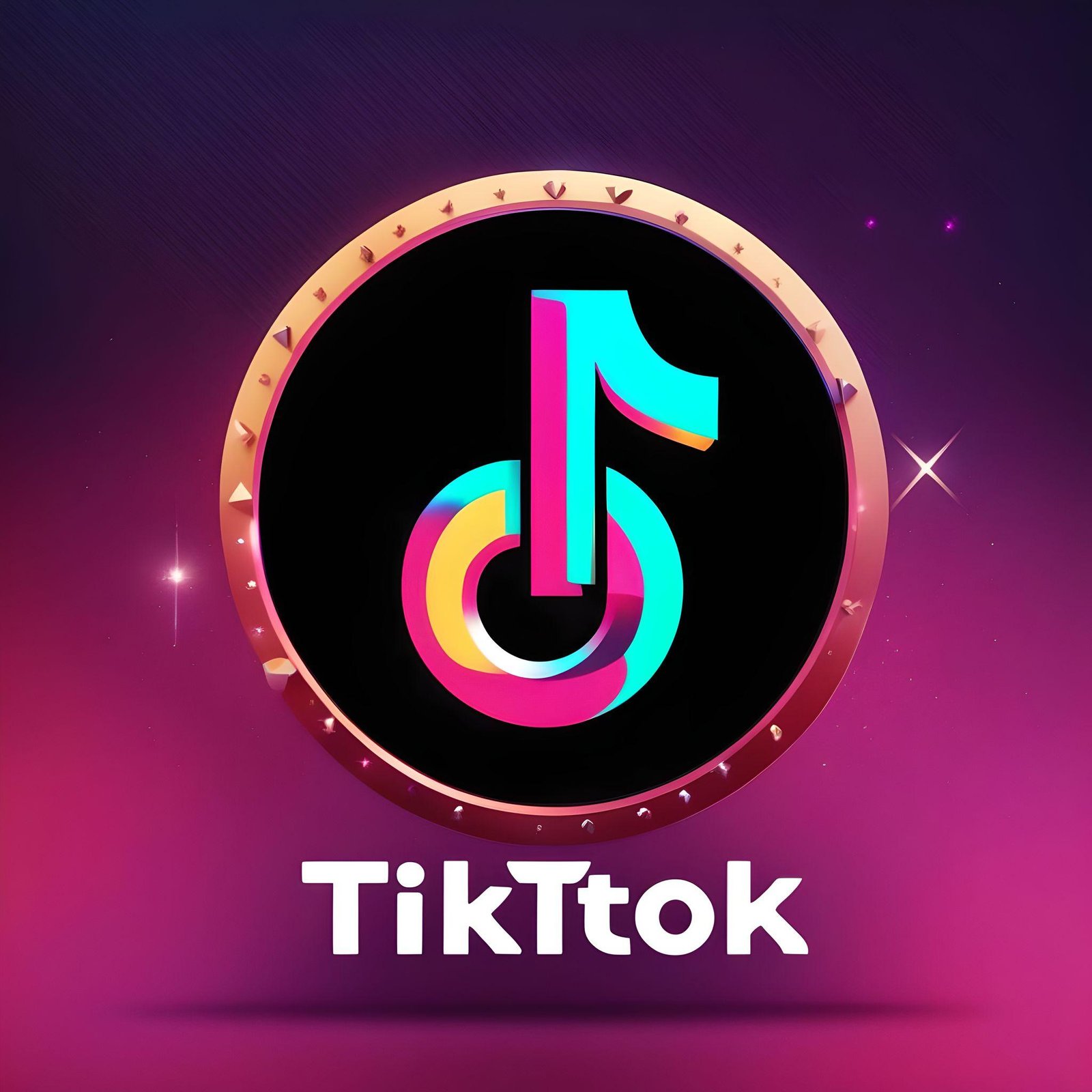
TikTok ban:
As the debate surrounding TikTok‘s presence in the United States intensifies, Congress is poised to take decisive action. With bipartisan support, lawmakers are pushing forward legislation aimed at addressing national security apprehensions tied to the popular social media platform. The proposed measures have triggered a flurry of responses from stakeholders, including former President Trump, highlighting the complexity of balancing technological innovation with security imperatives.
The Legislative Landscape: Led by Representatives Mike Gallagher and Raja Krishnamoorthi, a bipartisan bill has gained momentum in the House, signaling a united front in Congress against potential threats posed by TikTok’s Chinese parent company, ByteDance. The proposed legislation would compel ByteDance to divest its ownership or face expulsion from U.S. app stores, underscoring concerns over data privacy and potential ties to the Chinese Communist Party.
Bipartisan Support and Congressional Action: The bill’s passage through committee with unanimous support reflects a rare bipartisan consensus on the urgency of addressing TikTok’s implications for national security. Representatives from both sides of the aisle have emphasized the need to safeguard Americans’ data and protect against foreign adversaries’ influence. Despite differing perspectives on the scope and impact of the proposed measures, there is a shared commitment to prioritizing national interests.
TikTok’s Response and Public Engagement: TikTok has vehemently opposed the proposed legislation, arguing that it unfairly targets the platform and threatens free expression. The company has launched a robust campaign to mobilize its millions of users, urging them to lobby lawmakers and oppose the bill. TikTok’s efforts highlight the growing influence of social media platforms in shaping public discourse and legislative outcomes.
Former President Trump’s Reversal and GOP Dissent: Former President Trump’s recent reversal on a TikTok ban has failed to sway fellow Republicans in Congress, who remain steadfast in their support for legislative action. While some GOP members have expressed reservations about Trump’s stance, citing national security imperatives, others have echoed his concerns over potential government overreach. The division within the party underscores the complexities of navigating technological innovation and security concerns in a hyperconnected world.
Outlook and Implications: As the legislative process unfolds, the fate of TikTok in the United States hangs in the balance. While the House is poised to pass the bill with bipartisan support, its prospects in the Senate remain uncertain. The outcome will have far-reaching implications for the future of social media regulation, data privacy, and U.S.-China relations. Ultimately, the battle over TikTok reflects broader tensions surrounding technological innovation, national security, and the evolving role of government in the digital age.
The debate over TikTok encapsulates the complexities of navigating the intersection of technology, security, and governance in an interconnected world. With bipartisan support, Congress is moving forward with legislation aimed at addressing national security concerns tied to the popular social media platform. As stakeholders engage in a vigorous debate, the outcome will shape the trajectory of social media regulation and influence broader conversations about data privacy and geopolitical tensions.





